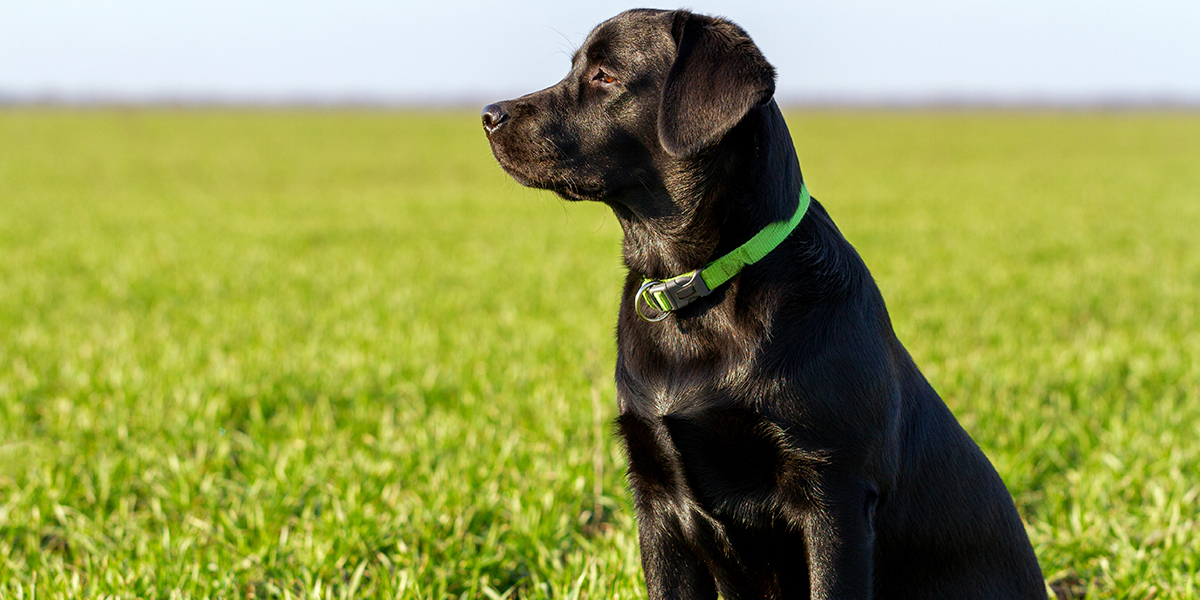Written by Dr. Laura Amundson and Mr. Brent Kirn, MS
When it comes to the health and wellbeing of dogs, nutrition plays a critical role. A dog’s quality of life requires a strategically balanced diet, which includes essential trace minerals like copper. While copper levels in canine nutrition have recently come under scrutiny, it is still important to understand the role copper plays in maintaining critical physiological functions of dogs, including:
- Skin and coat quality: Copper is essential in supporting skin health and improves coat color and quality.
- Mobility: Copper is a key factor in bone, cartilage and joint maintenance, supporting proper skeletal formation and joint health.
- Paw pad integrity: Copper is an essential nutrient for keratin synthesis, which promotes paw pad integrity and durability.
- Energy metabolism: Copper aids in cellular energy metabolism, which gives canines optimum energy to be physically fit, active and playful.
- Blood homeostasis: Copper helps maintain normal blood iron concentrations and aids in preventing anemia.
- Immunity: Copper supports and enhances the body’s immune function and antioxidant defense by protecting cell membranes.
The Need for Better Trace Mineral Balance in the Diet
The level of copper that dogs consume is receiving increased attention. Due to the reported potential for copper toxicity in dogs by industry members, like veterinarians, it is important to account for the total amount of copper in their diet – not just the supplemented amount. The total copper intake includes copper from the pet food, supplements and/or treats consumed daily by your dog. Proper balanced nutrition and awareness is key as copper accumulation, particularly in the liver, increases over time with the total amount of copper consumed. As additional research needs to be conducted on the ideal amount of copper for dogs, it is critical that industry experts and petfood companies collaborate and determine the optimal amount of this essential nutrient, rather than limiting or eliminating it from canine diets.
Don’t forget – both copper toxicity and copper deficiency occur over an extended period, taking weeks or even months to show symptoms. It’s important to understand the difference, and how both can damage canine health:
- Copper toxicity results in decreased liver function, cellular tissue decay and red blood cell rupture. Added immune and environmental stress can trigger liver protein turnover resulting in more tissue damage.
- Copper deficiency results in copper-induced anemia, poor coat quality, decreased pigmentation and increased lameness and mobility issues from collagen and elastin breakdown.
To protect against copper toxicity, or any trace mineral toxicity, it is important to be aware of what food types and nutrient sources the dog is consuming. Veterinarians can consult with concerned pet owners about their dog’s overall diet, including food, supplements and treats the dog regularly receives. Some dog breeds, like Beddington terriers, Dobermans and some Labrador retrievers are at higher risk for copper toxicity. In these cases, veterinarians can build custom nutrition plans to ensure a healthy outcome for your canine companion.
Preventing Copper Toxicity and Still Providing Essential Nutrients to Dogs
It is important that pet food companies and their customers feel confident and knowledgeable about their decisions on feeding their dogs a well-balanced diet.
The current Association of American Feed Control Officials (AAFCO) recommends, on a dry matter (DM) basis, feeding a minimum of 7.3 parts per million (ppm) and 12.4 ppm of total dietary copper for adult maintenance and growth/reproduction, respectively. We can reliably meet the canine’s requirement for copper without exceeding it if we monitor the foods individual ingredient contribution to the overall level of copper. Along with developing and maintaining a nutrient matrix of ingredients used to formulate the pet diet, consistency and bioavailability of the ingredient varies. Thus, all sources of copper are not created equal. Improved understanding of bioavailability for both base ingredients and added ingredients, like essential trace minerals, will increase accuracy in formulation and chosen copper ingredients.
At Zinpro, we are committed to providing solutions that deliver pets the optimum nutrition. Dogs fed Zinpro® Performance Minerals® experienced improvement in their wellbeing and appearance. When formulating pet food, supplements or treats, choosing proven pet nutrition from Zinpro with unrivaled mineral absorption will help your dog live a healthier, happier and more active life.
Contact our team to receive more information, including research, resources and insights, that can ensure you provide the essential trace minerals for pets through all stages of life. Our team of Zinpro companion animal specialists are ready to partner with you.

